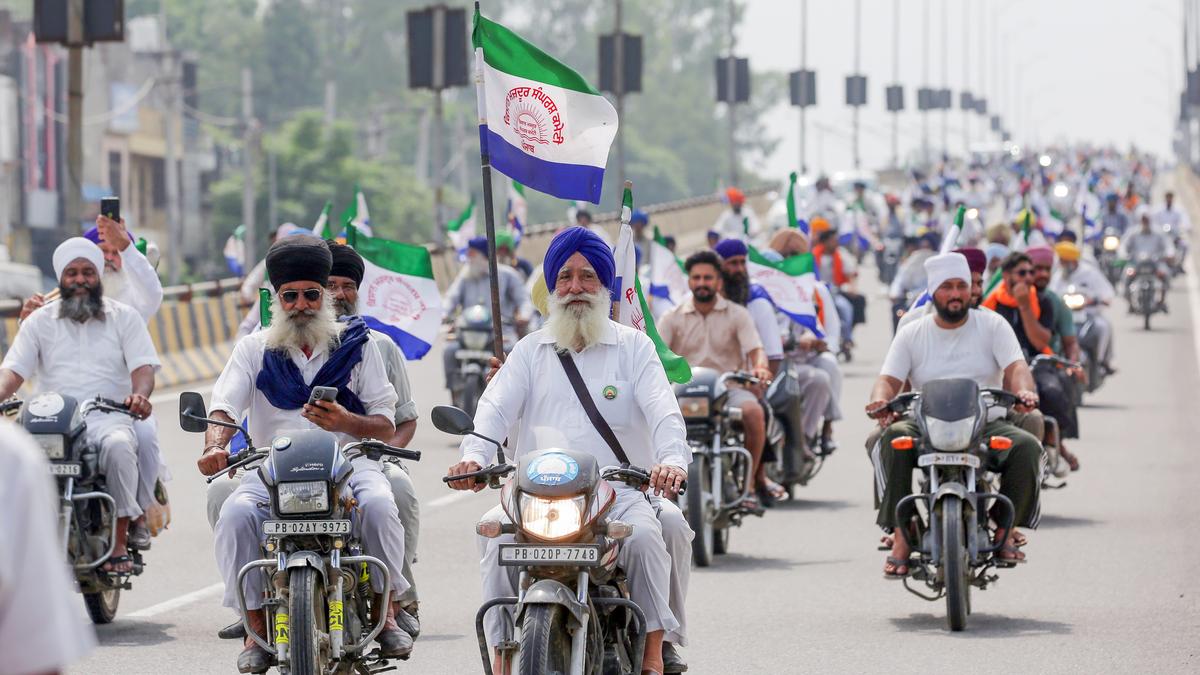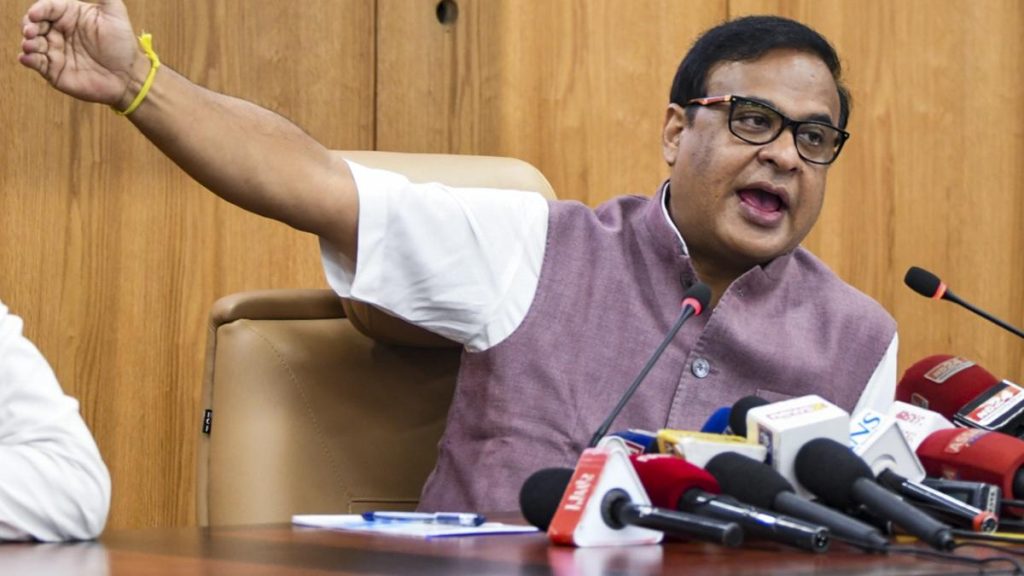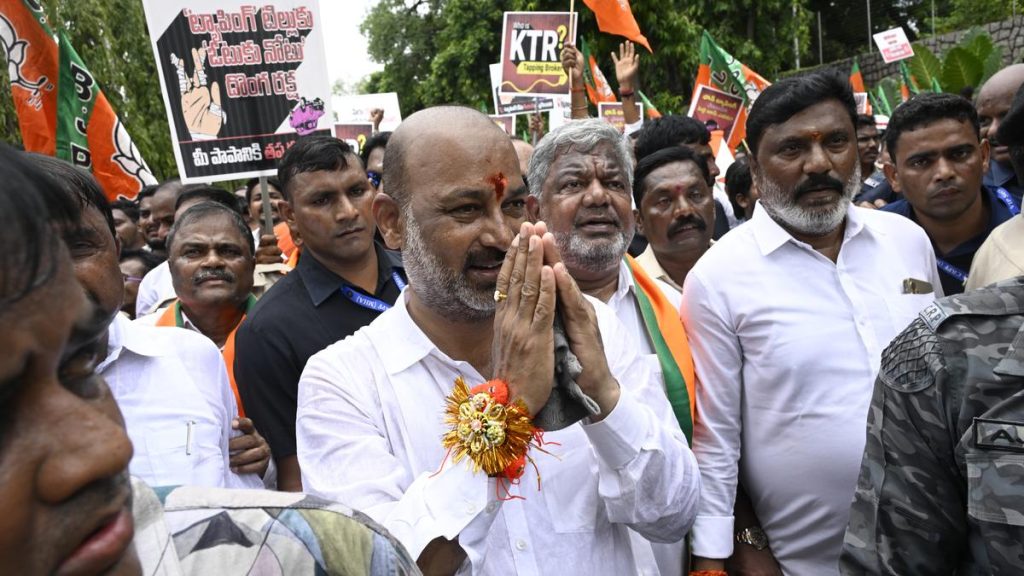Now Reading: Punjab Govt Rolls Back Controversial Land Pooling Policy Amid Backlash
-
01
Punjab Govt Rolls Back Controversial Land Pooling Policy Amid Backlash
Punjab Govt Rolls Back Controversial Land Pooling Policy Amid Backlash

Speedy Summary
- Policy Withdrawal: Teh AAP-led Punjab government on August 11, 2025, withdrew its controversial Land Pooling Policy 2025 amidst backlash.
- Official Statement: Principal Secretary of Punjab’s Housing and Urban Development Department announced reversal of all actions taken under the policy, including registration and issuance of Letters of Intent (LOIs).
- Purpose of Policy: Notified earlier on june 4, the policy aimed to promote planned urbanization by pooling land from small landowners.
- Criticism from Stakeholders:
– Farmers, farm labourers, gram panchayats, and political parties vehemently opposed the policy citing concerns over transparency and impact on farmers.
– Experts described it as “non-obvious” and “faulty.”
- Judicial Intervention: On August 7, the Punjab and Haryana High court had stayed implementation citing procedural gaps like absence of impact assessments. It called the policy’s notification “prima facie hasty.”
- Details on Compensation Under Policy: Landholders were promised residential and commercial plots in exchange for pooled land (e.g., a one-acre plot would receive a fully developed residential plot of 1,000 sq. yards).
- political Reactions:
– SAD president Sukhbir Singh Badal referred to it as withdrawal from a “land-grabbing scheme.”
– Congress leader Pargat Singh termed it a grassroots victory for farmers.
– BJP spokesperson Pritpal baliawal praised united resistance by farmers against what they called an anti-farmer law.
Indian Opinion Analysis
The withdrawal of Punjab’s Land Pooling Policy highlights several interconnected challenges-balancing development goals with safeguarding farmer rights in an agrarian state. The contentious reception underscores deep sensitivities surrounding rural land ownership in India where farming isn’t just an occupation but central to social identity.
Key takeaways include lessons regarding inclusive policymaking. Allegations pointed to lack of participation from stakeholders such as gram panchayats during drafting stages-a gap exacerbated by perceived issues with transparency. Opposition leaders framed this reversal as emblematic public accountability achieved through collective action.
The judicial critique further emphasizes adherence to due diligence in large-scale initiatives requiring thorough environmental or social impact assessments. Moving forward requires frameworks marrying lasting urbanization while ensuring buy-in among local communities-a balancing act essential for minimizing socio-economic disruptions.






















